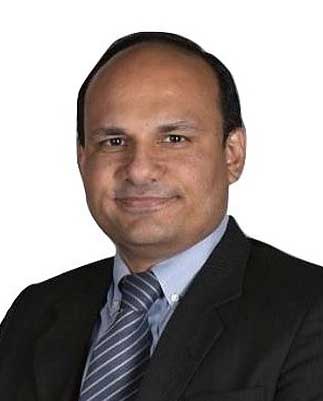A society is known by the virtues it displays. The individuals or the citizens of the society – who collectively form communities and groups – must adhere to the rules of law and that of moral values to become a success. Humans have a consciousness that leads them towards the path of truthfulness.
Pakistan is an anomaly in this regard. Here we will find a number of communities or individuals showing different degrees of social consciousness. These acts define their thought and character. Here the points discussed pertain to our traffic, how people park their cars, the habit of reading, and judging others by blatantly giving our verdict about them.
The first case brings us to traffic rules. The easiest way to understand a society’s mental framework is by observing its traffic. The traffic in Karachi is by far the most haphazard we can see in Pakistan. Drivers seldom stop on a red light. They do so when a traffic constable is monitoring the signal or when the cars ahead of the driver have stopped. Furthermore, the concept of driving on the wrong way to avoid a longer U-turn has become the norm. Such drivers ignore traffic signs as they barge into incoming traffic. When one driver commits this mistake, many others follow suit and that too with pride.
The second point leads us to how people park their cars. When going to buy items from a store or parking the car for a longer duration when going to their offices or for shopping, people are seldom considerate. A haphazard parking style is seen across the city. People look at their own convenience instead of thinking about others.
This third point is about being aware of our thoughts. We connect with our minds when we read, think, and discuss. Watching television may be a healthy activity depending on what we are watching. It only damages our grey cells by imparting what the news channels want to show us. The habit of reading is almost zero in our society. Children are busy playing games on their parents’ smartphones while teenagers are busy on social media.
The concept of sitting in a corner of your room while being indulged in book reading is now a rarity. Only a handful of people still read. Reading, whether newspaper, magazine, or books, must be encouraged and followed by all age groups, especially children. With smartphones and data connection in our hands at all times, the habit of reading e-books can also be developed. However, being an avid book reader, I can vouch that there is no parallel to the feelings you get when reading a printed book.
The fourth point is how we easily judge others. At numerous times we create an image of the other person and accept it to be true. If we see someone riding a motorcycle we think him to be poor or from the lower class. We never see the virtue, principles, values, and professional decorum the person displays. We only accept what we see and do not ponder what lies in one’s heart.
The tragic plane crash of PK-8303 in Karachi on May 22, 2020, is a case in point. Pakistani fashion model, Zara Abid, was one of the passengers who could not survive the crash. Within hours the social media keyboard warriors began calling her by names and were discussing whether a model can go to heaven or not. What kind of social consciousness are we living with? Are these the values and principles our ancestors had transferred to us? We are living in strange times and testing times indeed.
This calls for us to think about – deceased or alive – with respect. Our social consciousness was never like this a few decades ago. There was still humility seen among the people. Perhaps over the years, we have distanced ourselves from our thoughts. Adults, especially parents and grandparents, do not have their family conversations with their children and grandchildren.
Social media has become our abode. We value the opinion of a stranger more than our family members. It is high time that we collectively observe, analyse, and rectify our social consciousness. Until that does not happen, we will be divided into clusters defaming some and vilifying others.
Sign in
Welcome! Log into your account
Forgot your password? Get help
Password recovery
Recover your password
A password will be e-mailed to you.




